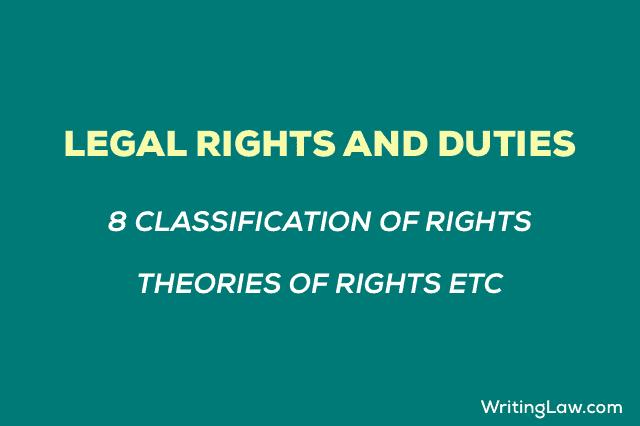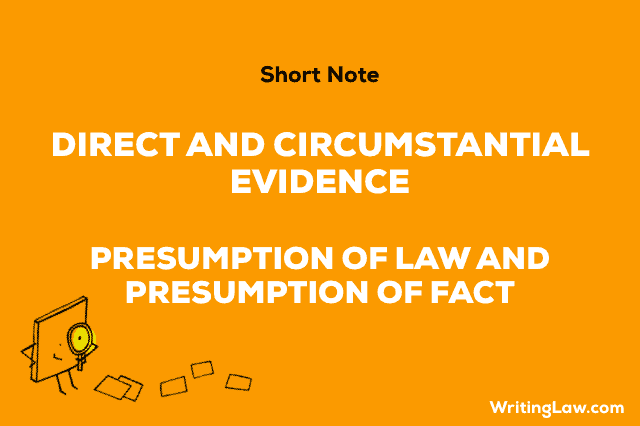CHAPTER IX (148-181) – BAILMENT – Indian Contract Act
148. “Bailment”, “bailor” and “bailee” defined.
A “bailment” is the delivery of goods by one person to another for some purpose, upon a contract that they shall, when the purpose is accomplished, be returned or otherwise disposed of according to the direction of the person delivering them.
The person delivering the goods is called the “bailor”. The person to whom they are delivered is called the “bailee”.KEEP READING





















